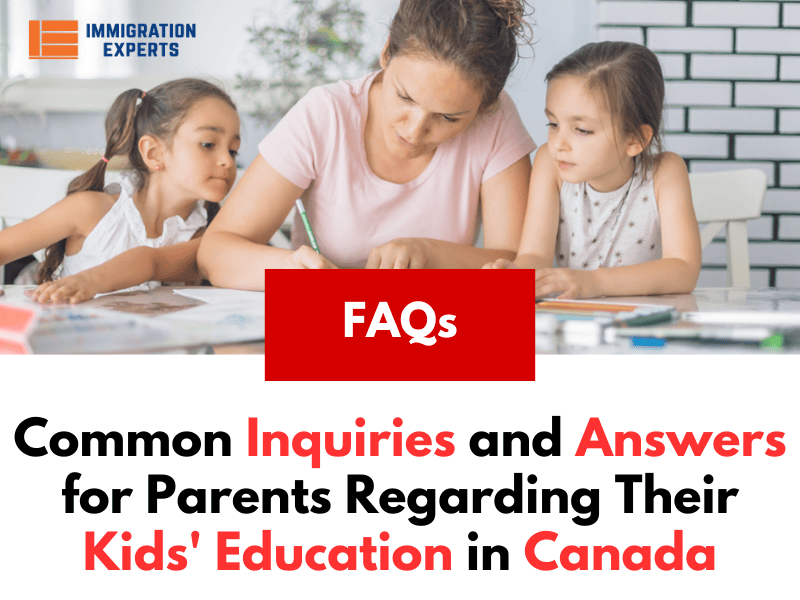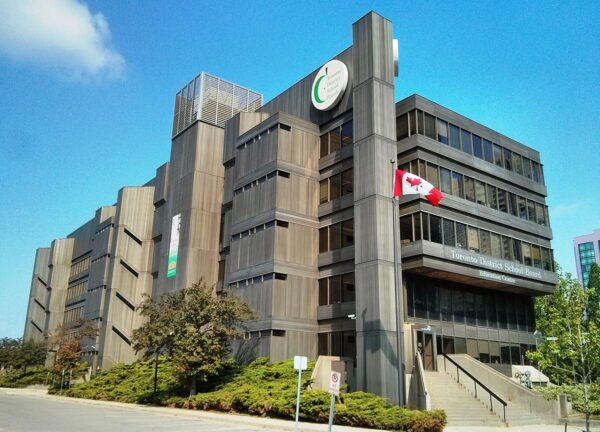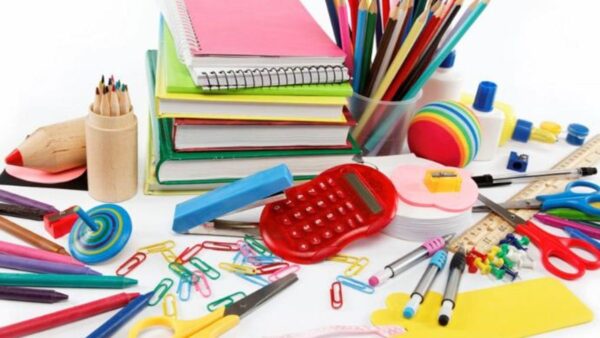051 8439995, 042 35911332

Canada is renowned for the excellence of its education and educational systems. Concerning your child’s learning, it is essential to conduct a thorough investigation before relocating to Canada to ascertain the educational institution that would best suit your child’s needs.
Education in Canada is administered at the provincial level, which results in variations in the school system across different provinces. Furthermore, even within a particular province, educational provisions may differ among various types of schools and school districts.
This article aims to address inquiries you might have regarding the education system in Canada.
What Kinds of Schools Are There in Canada?
Canada boasts public schools across all its provinces and territories. Every child has the right to receive a free public education, ensuring that there are no charges associated with enrolling your child in a public school.
Public schools generally cater to specific regions within neighborhoods, thus determining the school your child can attend based on your place of residence. It’s worth noting that public schools are accessible in both official languages.
Along with its public education system, Canada also has a private and independent school system. These educational institutions require tuition fees for enrollment. However, certain private schools provide scholarships to students demonstrating exceptional academic, artistic, or athletic talents, ensuring that financial constraints do not hinder their enrollment.
Private schools come in various forms, including day schools where students commute daily, and boarding schools where students reside on campus with their peers.
Moreover, Canada offers French immersion schools, which are public schools catering primarily to non-native French speakers and conducting classes predominantly in French. These schools aim to foster fluency in the French language over time, making French immersion an excellent avenue for your child to acquire bilingualism.
Catholic, Jewish, and other religious schools in Canada incorporate religious education as a fundamental component of their curriculum. This integration entails teachings aligned with their respective religious beliefs and practices. Admission requirements for these schools may vary, and their classification as public or private depends on the specific province in which they are situated.
When Do Schools in Canada Start and End Each Year?

In Canada, elementary and secondary schools commonly start their academic year in late August or early September, with the school term concluding in June. The months of July and August are designated as summer vacations, allowing students and educators to enjoy a break. Additionally, most public schools observe time off during the holiday season, along with a week-long break in March.
A typical school day in Canada typically commences between 8 am and 9 am, and concludes in the afternoon, around 3 pm to 4 pm.
What Topics Will My Kid Study at School?
Curriculum guidelines in Canada are established at the provincial level, resulting in variations in subjects taught among provinces. However, your child can anticipate acquiring knowledge in a broad range of subjects, including mathematics, science, English, French, history/social studies, art, and physical education.
As your child progresses through the education system, they will gain greater flexibility in selecting classes based on their interests and areas of proficiency. This allows them to tailor their educational path and pursue subjects that align with their passions and strengths.
How Can I Do Admission of My Kid in School?

To enroll your child in a public school, it is essential to reach out to the local school district office or the school board to inquire about the registration procedure. It is advisable to initiate contact with the school board at the earliest opportunity, as there might be limited availability of spaces, and it may be necessary to explore alternative options for your child’s education.
For private school enrollment, it is recommended to directly contact the desired school. By reaching out to the school administration, you can obtain the necessary information and guidance regarding the registration process.
Upon enrolling your child for the first time, the school board or the school will likely require an assessment to evaluate your child’s academic level and determine the most suitable educational placement. This assessment aids the school in understanding your child’s current capabilities and assists in identifying any potential areas where additional resources, such as language training, may be beneficial.
What Kind of Stuff Must I Get for My Child?

Typically, your child’s school will provide you with a list of required supplies for the upcoming school year. This list will include items that your child will need to have, and it may vary depending on the specific grade level or courses they are enrolled in. Some supplies may be provided by the school, while others will need to be purchased by you.
In addition to the essential classroom supplies such as notebooks and pencils, there are other items you may want to consider obtaining for your child’s school year:
- Clothing: Take into account if your child’s school has a uniform or dress code policy, as this will dictate what attire is permissible.
- Athletic clothes: Since physical education is typically included in the curriculum, ensure your child has appropriate gym attire like athletic shoes, comfortable clothing, and possibly a gym bag.
- Backpack: A sturdy and appropriately sized backpack will help your child carry their books, supplies, and personal belongings to and from school.
- Electronics: Depending on the school’s policies and the specific educational requirements, you might consider equipping your child with a laptop or tablet for assignments, research, and digital learning purposes. It’s important to check with the school for any guidelines or recommendations regarding electronic devices.
These additional items can enhance your child’s comfort, preparedness, and engagement in various aspects of their school experience.
How Is My Kid Going to Travel to School?
In Canada, school boards oversee the management of school bus routes to transport students to and from school. The specific bus routes are determined based on the geographical location and generally cover areas within a designated zone or distance from the school. Alternatively, you have the option to personally take your child to school.
The method of transportation to school may vary depending on your child’s age and circumstances. Older students, depending on local regulations and individual readiness, may have the option to commute independently by walking, using public transportation, driving (if eligible and with appropriate licenses), or biking, considering factors such as distance, safety, and personal preference.
What Meals Will My Kid Get at School? Do I Have to Supply Lunch?
During the school day, students typically have lunch at school, while breakfast and dinner are usually consumed at home. Lunch options may vary between schools. Public schools often provide a cafeteria where students can purchase their lunches. In some private schools, the cost of lunch may be included in the school fees.
While some students bring their lunches, it is important to check with the school to ensure that this is allowed. Certain schools may have specific policies regarding packed lunches. However, exceptions are often made for students with severe allergies or specific dietary restrictions (e.g., kosher, halal, etc.), accommodating their individual needs.
